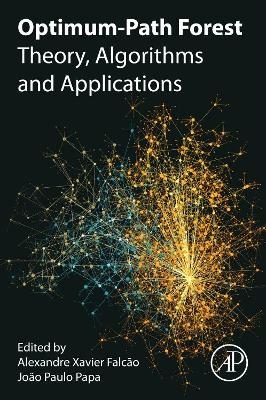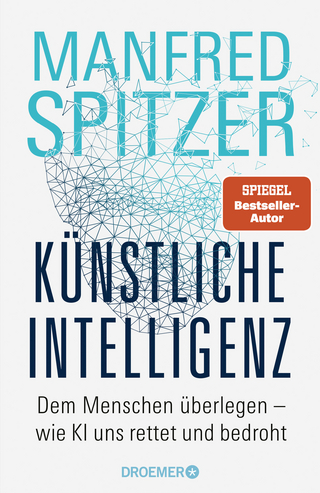
Optimum-Path Forest
Academic Press Inc (Verlag)
978-0-12-822688-9 (ISBN)
Alexandre Xavier Falcao is a full professor at the Institute of Computing (IC), University of Campinas (Unicamp), where he has worked since 1998. He attended the Federal University of Pernambuco from 1984-1988, where he got a B.Sc. in Electrical Engineering. He then attended Unicamp, where he got an M.Sc. (1993), and a Ph.D. (1996), in Electrical Engineering, by working on volumetric data visualization and medical image segmentation. During his Ph.D., he worked with the Medical Image Processing Group at the University of Pennsylvania from 1994-1996. In 2011-2012, he spent a one-year sabbatical at the Robert W. Holley Center for Agriculture and Health (USDA, Cornell University), working on image analysis applied to plant biology. He served as Associate Director of IC-Unicamp (2006-2007), Coordinator of its Post-Graduation Program (2009-2011), and Senior Area Editor of IEEE Signal Processing Letters (2016-2020). He is currently a top level research fellow at the for the Brazilian National Council for Scientific and Technological Development (CNPq), President of the Special Commission of Computer Graphics and Image Processing (CEGRAPI) for the Brazilian Computer Society (SBC), and Area Coordinator of Computer Science for the Sao Paulo Research Foundation (FAPESP). Among the several awards he received over the years, it is worth mentioning three Unicamp inventor awards at the category "License Technology" (2011, 2012, and 2020), three awards of academic excellence (2006, 2011, 2016) from IC-Unicamp, one award of academic recognition "Zeferino Vaz" from Unicamp (2014), and the best paper award in the year of 2012 from the journal Pattern Recognition (received at Stockholm, Sweden, during the conference ICPR 2014). His research work aims at computational models to learn and interpret the semantic content of images in the domain of several applications. The areas of interest include image and video processing, data visualization, medical image analysis, remote sensing, graph algorithms, image annotation, organization, and retrieval, and (interactive) machine learning and pattern recognition. Joao Paulo Papa obtained his Ph.D. in Computer Science from University of Campinas, Brazil, in 2008, and was a visiting scholar at Harvard University from 2014-2015. He has been a Professor at Sao Paulo State University (UNESP), Brazil, since 2009, and his main interests include image processing, machine learning and meta-heuristic optimization.
1. Introduction 2. Theoretical Background and Related Works 3. Real-time application of OPF-based classifier in Snort IDS 4. Optimum-Path Forest and Active Learning Approaches for Content-Based Medical Image Retrieval 5. Hybrid and Modified OPFs for Intrusion Detection Systems and Large-Scale Problems 6. Detecting Atherosclerotic Plaque Calcifications of the Carotid Artery Through Optimum-Path Forest 7. Learning to Weight Similarity Measures with Siamese Networks: A Case Study on Optimum-Path Forest 8. An Iterative Optimum-Path Forest Framework for Clustering 9. Future Trends in Optimum-Path Forest Classification
| Erscheinungsdatum | 18.01.2022 |
|---|---|
| Verlagsort | San Diego |
| Sprache | englisch |
| Maße | 152 x 229 mm |
| Gewicht | 410 g |
| Themenwelt | Informatik ► Theorie / Studium ► Künstliche Intelligenz / Robotik |
| ISBN-10 | 0-12-822688-9 / 0128226889 |
| ISBN-13 | 978-0-12-822688-9 / 9780128226889 |
| Zustand | Neuware |
| Haben Sie eine Frage zum Produkt? |
aus dem Bereich


